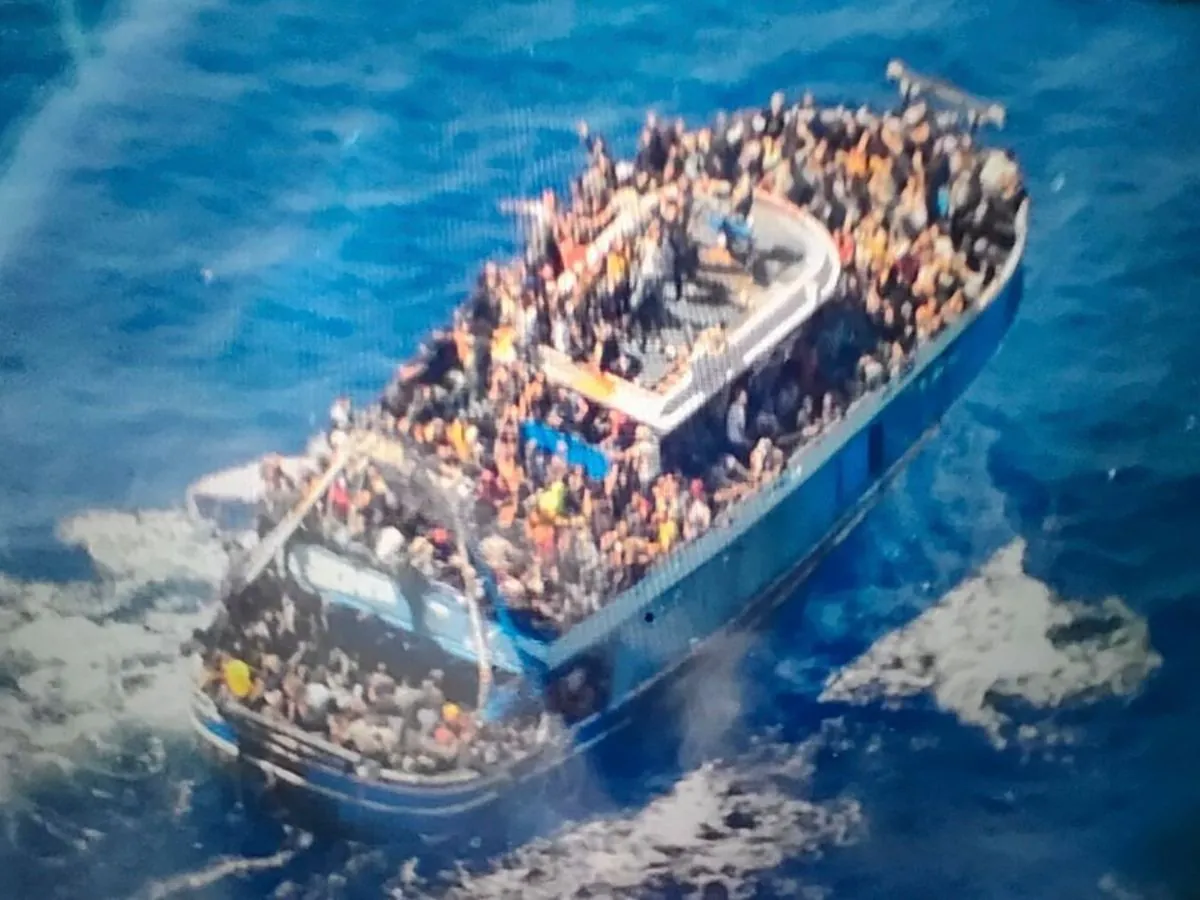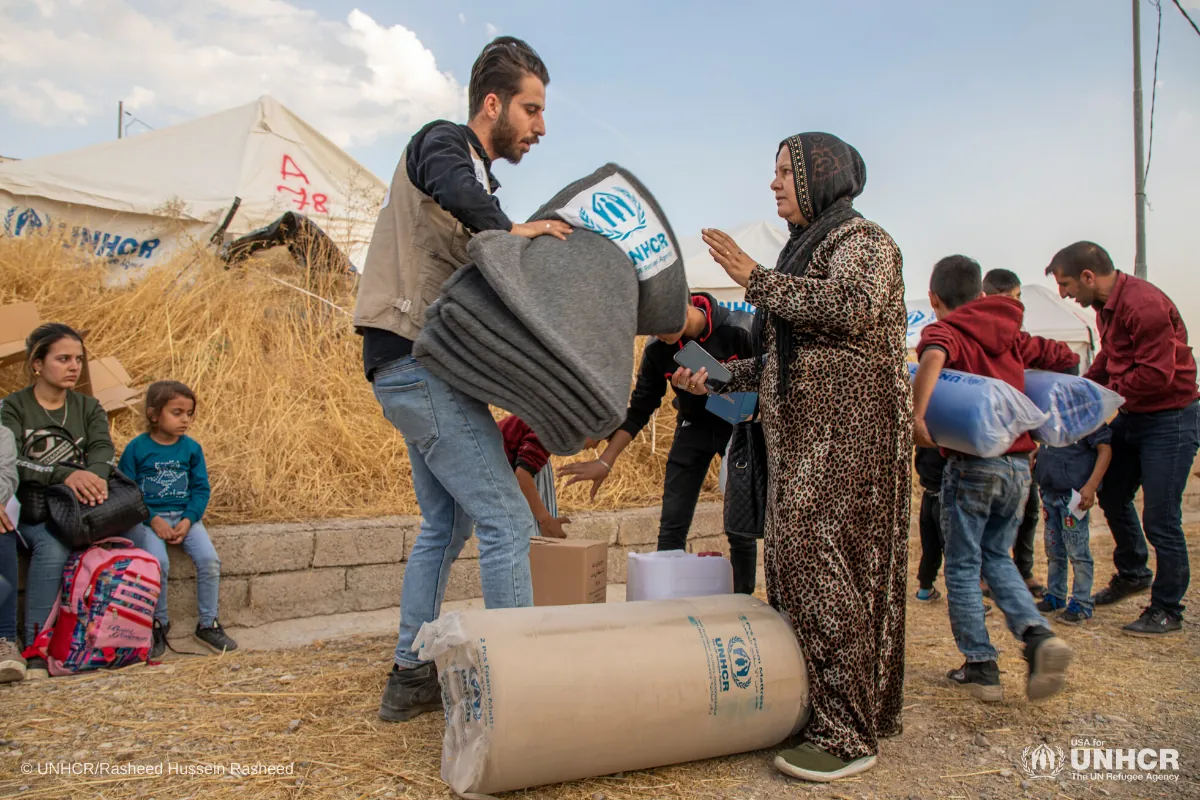UNHCR to Monitor Controversial Italy-Albania Migrant Deal
The UN refugee agency agrees to oversee Italy's migrant processing centers in Albania for three months, despite reservations. The deal aims to handle asylum requests of migrants rescued in international waters.

The United Nations High Commissioner for Refugees (UNHCR) has agreed to monitor the implementation of a contentious agreement between Italy and Albania regarding migrant processing. This decision comes despite the agency's previously expressed concerns about the deal.
The Italy-Albania agreement, signed in 2023, allows for the establishment of holding centers in Albania to process asylum requests of migrants rescued in international waters. The deal, initially set to begin operations in August 2024, has faced delays due to construction setbacks at the two new detention facilities in Albania.
Matteo Piantedosi, Italy's Interior Minister, is scheduled to provide an annual update on various security matters, including migration. Recent statistics reveal a significant decrease in migrant arrivals to Italy, with 37,644 individuals arriving by boat as of August 15, 2024, compared to 100,419 during the same period last year. Concurrently, Italy reports a 20% increase in repatriations of migrants ineligible for asylum.
The UNHCR, established on December 14, 1950, has agreed to monitor the deal's execution for three months to "safeguard the rights and dignity of those subject to it." The agency will provide counsel to migrants about their right to seek asylum and ensure that procedures align with international and regional human rights standards.

The five-year agreement between Italy and Albania, both UN members since 1955, allows for up to 3,000 male migrants to be housed in Albania while Italy expedites their asylum claims. Italy's right-wing government views this as an example of burden-sharing in Europe's migrant responsibilities and a potential deterrent for would-be refugees. The European Commission, established in 1958 and long grappling with Europe's migration challenges, has endorsed the deal.
However, human rights organizations have criticized Italy's approach, describing it as an outsourcing of responsibilities under international law. The Italian center-left opposition has drawn comparisons between these centers and Guantanamo, the controversial detention camp established in 2002.
"The issue of legal representation would be complicated by housing the migrants in Albania, especially establishing a relationship of trust and confidentiality."
The UNHCR has raised concerns about the onboard screenings of migrants and their access to adequate legal counsel in Albania. The agency also questioned the cost-effectiveness of the plan, suggesting that resources might be better spent reinforcing existing migrant processing centers in Italy.
Italy's migration history dates back to the 1970s when the first major wave of modern immigration began. Since then, various European initiatives have been implemented to address migration challenges, including the Dublin Regulation in 1990 and the establishment of the European Border and Coast Guard Agency (Frontex) in 2004.
The Italy-Albania deal represents a new approach to managing migration in the Mediterranean, the world's largest inland sea. As the situation evolves, the international community will closely watch the outcomes of this agreement and its potential impact on future migration policies in Europe.


































